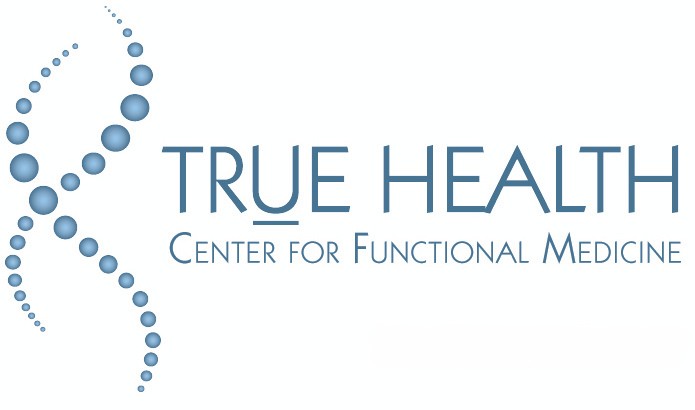Cyrex™ Labs, a lab dedicated to helping those with gluten sensitivities and autoimmune conditions, has released an eagerly awaited new test panel. The Cyrex Labs Array 11 tests for 19 different chemicals known to promote immune system problems.
This new chemical sensitivity test is important because, until now, health issues due to chemicals were diagnosed only when high levels were found through blood tests. Now we can see how the immune system reacts to the chemical(s). The new Cyrex Array 11 test looks to see if the immune system is activated with any amount of chemical exposure. This may explain how exposure to small amounts and still have a major immune response which may ultimately create ill health. This is why I recommend running both a chemical exposure panel together with the Cyrex 11 blood test.
Chemical sensitivity testing can help you and your doctor finds out what role your immune system is playing and help target treatment. For example, depending on the results of this blood test, your doctor may want to focus on treating your immune system before treating other areas. The treatment may encourage healthy immune system changes so the immune system stops over-reacting to these chemicals. Taking this approach with help reduce the ill health effects caused by chemical exposure.
Chemicals Tested in the Cyrex Labs Array 11
-
Aflatoxins – are produced by a species of bacteria and can be commonly found in some foods and even some cosmetics.
-
Formaldehyde – is in the home is typically found in wood furnishes, space heaters it is even often found in car seats – makes it when your car heats up during the summer with windows up it is important to let the car air out before entering because the amount of formaldehyde in the air is quite concentrated. It is also found in adhesives – so it is important to wear gloves when dealing with adhesives.
-
Glutaraldehyde – tends to be mixed with formaldehyde – can be used as a disinfectant and as a preservative.
-
IIsocyanate – commonly used in paints and varnishes and protective coatings like truck beds decks, boats.
-
Trimellitic, Phthalic Anhydrides, and BPA Binding Protein – typically found in plastics like water bottles.
-
Benzene Ring Compounds – typically found in blackened foods so it is important not to cook your meats until they are black – any black areas are considered benzene and are carcinogenic.
-
Bisphenol A (BPA) – Found in plastics, especially plastics with recycle symbols 3 and 7. It is important to avoid drinking from these bottles if they have been sitting in a warm car where BPA can leach into the liquid faster. It is important to make sure your baby bottles use BPA Free plastics.
-
Tetrabromobisphenol A – typically found in circuit boards, epoxies, and flame retardants.
-
Tetrachloroethylene – in dry cleaning processes – important to ask your dry cleaner if they use this chemical and try to avoid it – if they do the clothes the be aired out before wearing them.
-
Parabens – the main sources for parabens deodorants and antiperspirants high contributor to breast cancer and autoimmune disorders, also found in toothpaste, lotions, sunscreens, shampoos, conditioners, shaving gel, makeup, pharmaceutical drugs, and food additives.
-
Mercury Compounds – sources dental amalgams, power plants that leach mercury into water systems which go into our oceans. Mercury can also be vaporized into the air.
-
Mixed Heavy Metals (Toxic)- Nickel, Cobalt, Cadmium, Lead, Arsenic
Having a clear understanding of chemical sensitivities is very important when trying to recover from a long-standing illness. The results of this blood test can help you and your doctor to understand your treatment priorities.
Do you have chemical sensitivities or overload? Tell us your story in the comments below.
Cyrex tests are no longer available directly to the public. Please see a local participating healthcare practitioner for Cyrex testing. See truehealthlabs.com for public access lab testing.

